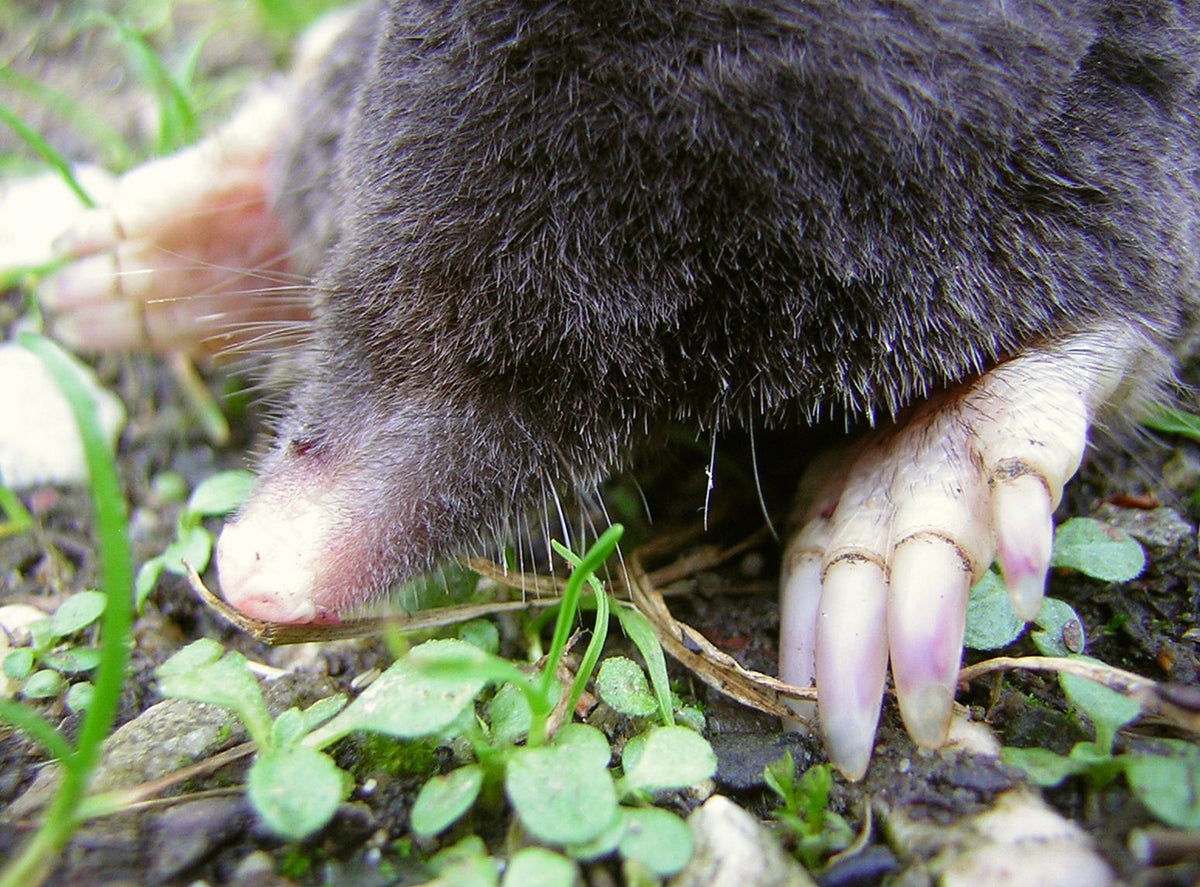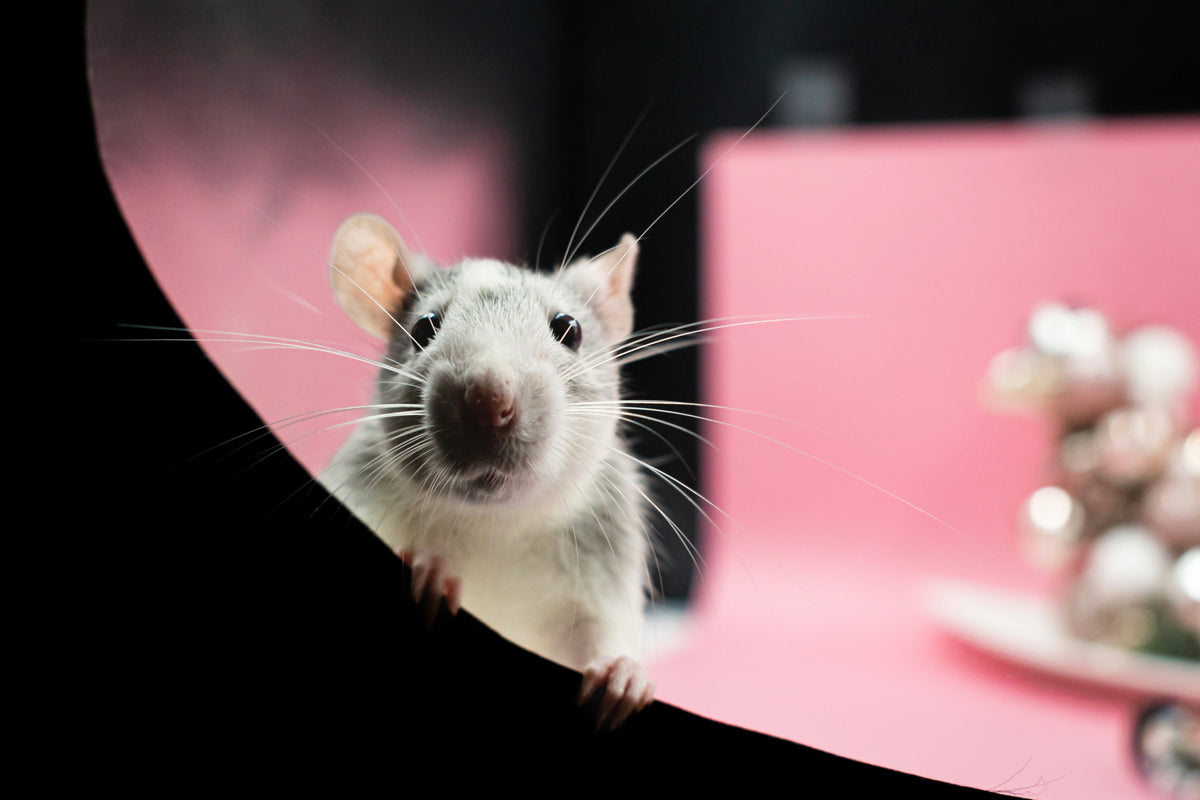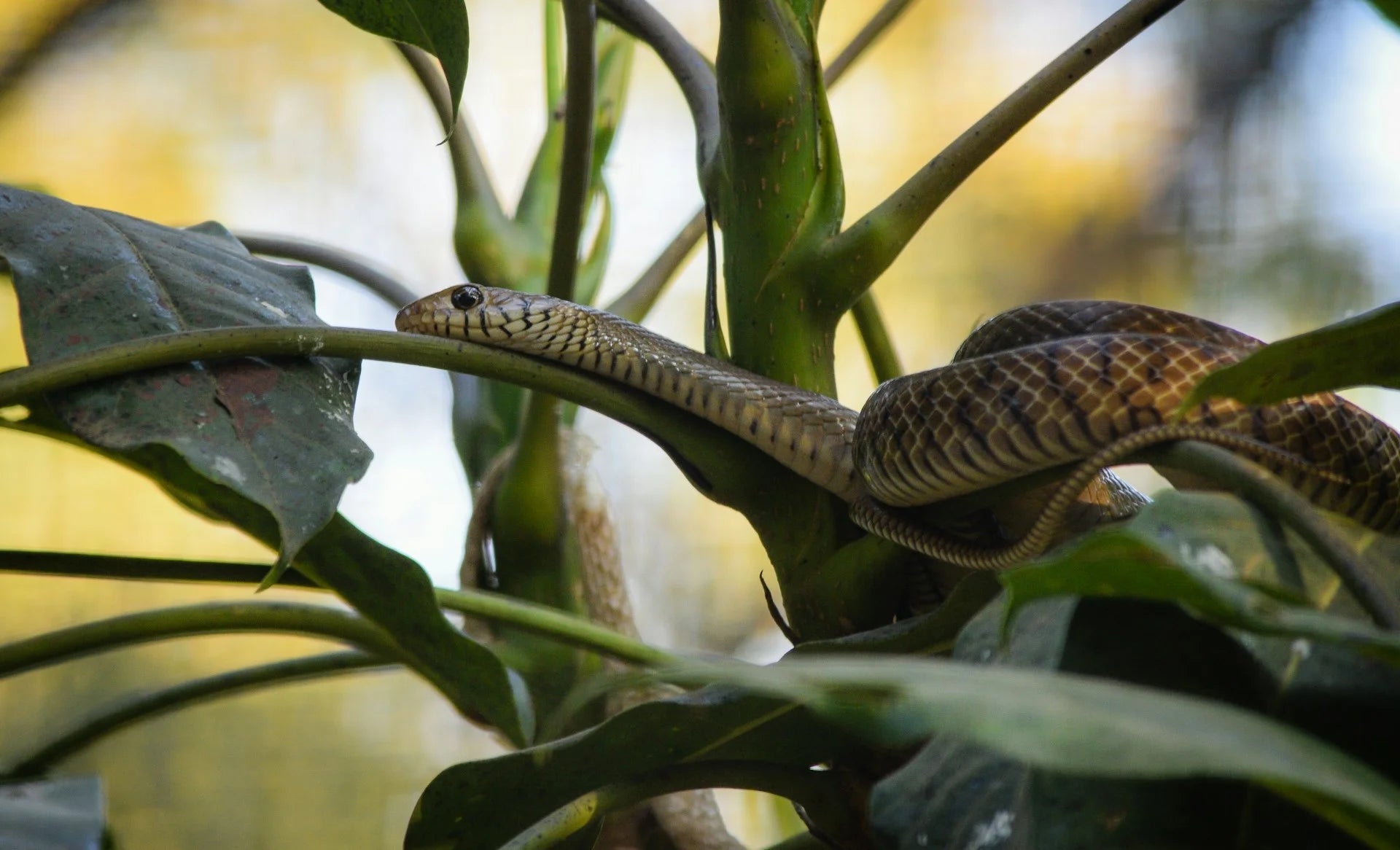Gardening enthusiasts know the joy of cultivating a thriving garden, but this joy can quickly turn to frustration when you discover moles tunneling through your carefully tended plants. The question many gardeners ask is, "Will moles eat my garden?" This comprehensive guide by Messinas will explore the behavior of moles, the impact they can have on your garden, and how to protect your plants effectively.
Understanding Mole Behavior
Do Moles Eat Garden Plants?
One of the most common misconceptions about moles is that they are voracious eaters of garden plants. However, moles are primarily insectivores, meaning their diet mainly consists of insects, earthworms, and grubs. So, do moles eat garden plants? The answer is no—moles don’t typically eat plants. Their underground activities can inadvertently damage plants, but they are not actively seeking out your garden vegetables or flowers as a food source.
Will Moles Eat My Vegetable Garden?
Given that moles do not eat plants, you might wonder, "Will moles eat my vegetable garden?" The truth is, while moles won’t consume your vegetables directly, their tunneling can disrupt the root systems of your plants, causing damage or even death to the affected vegetation. This indirect damage can make it seem as though moles are responsible for eating your garden, but it’s their search for insects that causes the problem.
RELATED: Outdoor Rodent Repellent: Tips for Keeping Rodents Away
The Impact of Moles in Your Garden

Moles in Flower Beds and Gardens
Finding moles in flower beds or your vegetable garden can be alarming. Their tunneling can create unsightly mounds of soil and disrupt the roots of your plants. When moles tunnel, they lift the soil and plant roots, causing the plants to become stressed and, in some cases, die. If you have moles in your garden, you may notice wilting plants or areas of the garden where plants are struggling to thrive.
Do Moles Eat Plant Roots?
Another frequent question is, "Do moles eat plant roots?" The answer is no. Moles do not eat plant roots; however, their tunneling activities can sever roots and lead to plant decline. The real danger of moles in the garden lies in the physical disruption they cause, not in any direct consumption of plants.
Are Moles Bad for Your House?
In addition to damaging gardens, moles can also pose a risk to your home. Are moles bad for your house? While they don't directly harm structures, their tunneling can undermine the stability of foundations, driveways, and other hardscapes. Persistent mole activity near your home can lead to cracks in these structures or even cause soil erosion, making it essential to address mole problems before they escalate.
How Long Will Moles Live in a Garden?
Moles are solitary creatures, and each mole typically occupies its own territory. The duration that a mole in the garden will stay depends on several factors, including food availability and environmental conditions. How long will moles live in a garden? If left undisturbed and with a plentiful food supply, moles can stay in your garden indefinitely, continually causing damage as they tunnel in search of insects. You can learn more about how moles live here.
Do Moles Come Out of the Ground?
Another question gardeners often have is, "Do moles come out of the ground?" Moles are primarily subterranean creatures, spending most of their lives underground. However, they may occasionally surface, particularly at night, to explore new areas or if their tunnels become flooded. It’s rare to see moles above ground, so most of the damage they cause will be hidden beneath the soil.
Protecting Your Garden from Moles

Using Messinas Mole & Vole Stopper Granular Animal Repellent
Given the challenges that moles present, it's important to find a solution that effectively deters them without harming them or your garden. Messinas Mole & Vole Stopper Granular Animal Repellent offers an effective, humane solution to your mole problem.
Messinas Mole & Vole Stopper creates a sensory barrier that repels moles from your garden by targeting their sense of smell and taste. This mole repellent is made from natural ingredients, making it safe to use around children, pets, and food crops. Whether you have moles in your vegetable garden or flower beds, this repellent can protect your plants without introducing harmful chemicals into your environment.
How to Apply Messinas Mole & Vole Stopper
Using Messinas Mole & Vole Stopper is easy. Simply pour the granules into a garden spreader and apply them around the perimeter of your garden or areas where mole activity is observed. For best results, reapply every 30 days or after heavy rainfall to maintain an effective barrier against moles.
Benefits of Using a Natural Mole Repellent
- Safe for the Environment: Unlike chemical solutions, Messinas mole repellent granules are made from plant-based ingredients that do not harm the environment.
- Pet and Child-Friendly: This pet-safe mole repellent ensures that your garden remains a safe space for all family members.
- Long-Lasting Protection: With regular application, you can enjoy up to 30 days of protection from moles, keeping your garden healthy and mole-free.
What to Do if Moles Are Already in Your Garden
If you already have moles in the garden, it's important to act quickly to minimize damage. Start by applying Messinas Mole & Vole Stopper to the affected areas. The repellent will drive the moles away, allowing your garden to recover. Additionally, consider using physical barriers, such as underground mesh or fencing, to prevent moles from re-entering your garden.
Combining Repellent with Other Deterrents
For maximum effectiveness, combine Messinas Mole & Vole Stopper with other deterrents, such as:
- Traps: Non-lethal traps can capture moles and allow for their relocation.
- Physical Barriers: Installing barriers beneath the soil can prevent moles from accessing garden beds and other vulnerable areas.
- Proper Garden Maintenance: Keep your garden free of excess moisture and reduce grub populations to make it less attractive to moles.
RELATED: How to Use Vole Repellent Effectively
So, Will Moles Eat Your Garden? Not With Messinas!

Moles may not directly eat your garden plants, but their tunneling activities can cause significant damage to your garden. If you’ve been asking, "Will moles eat my garden?", the answer is more about the disruption they cause rather than them eating your plants. Understanding the behavior of moles and taking proactive steps to deter them is key to protecting your garden.
Messinas offers a humane, effective solution to keep moles out of your garden. By using this mole repellent, you can safeguard your vegetable garden, flower beds, and even your home from the damage caused by moles. For more information and to purchase, visit Messinas.
Take control of your garden today with Messinas and enjoy a mole-free garden all season long.




Leave a comment
This site is protected by hCaptcha and the hCaptcha Privacy Policy and Terms of Service apply.